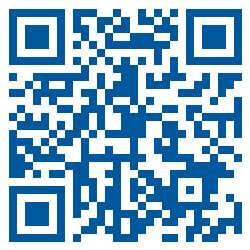
 Phlebotomist in Colchester inColchester
Phlebotomist in Colchester inColchester PUBLISHED TUE 11 FEB 2025 Jump to job information section
Job description
Would you like to help make a difference to our patients by becoming a Phlebotomist at Colchester Hospital?
We are looking for phlebotomists to play a key patient focused role in our Hospital where you will be collecting blood samples directly from patients by venepuncture. This role is both clinic and ward based.
You will be required to have good communication skills to engage with patients with varying needs and good IT skills to navigate our patient databases and record samples.
For this role you need no prior phlebotomy experience as full training will be provided.
Please note this role is clinical and not laboratory based.
We have a variety of posts available with hours between 13.5 and 37.5 per week. You will be required to work various shift patterns. All phlebotomy staff are required to participate in the cover of weekdays, weekends, bank holidays, including Christmas, on a rota basis, and cover short notice absence.
We are looking for individuals who understands the changing services of phlebotomy and will represent the service going forward.
If you think this role could be the next step in your career, we would like to hear from you
- Collect blood samples directly from patients by venepuncture
- Accurate identification of patient and labelling of samples.
- Required to perform duties in various locations, eg Out-patient departments, wards and general practice.
- Responsible for data entry on to the computer system
- Maintains records in relation to activities carried out.
- Work in the hospital ward environment with patients who may be severely debilitated
- Communication with all patients of varying needs.
- Adhere strictly to established protocols and trust policies
- Maintain and promote professional image of ESNEFT
About us
For full details of the responsibilities and duties of this role please see the attached job description.
If you're interested in this role but you have questions or you're not yet ready to apply, then please book a quick call with us and we'd be happy to answer any questions you have and tell you more about the role.
Requirements
See the job description for full role requirements.
Benefits
Benefits are provided by the employer and will be confirmed during your application.
A quick tap lets us tune future job matches for you


Scan with your phone to return to this page later.